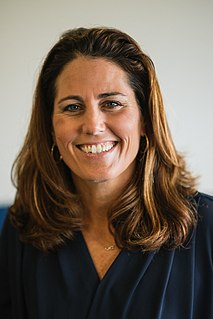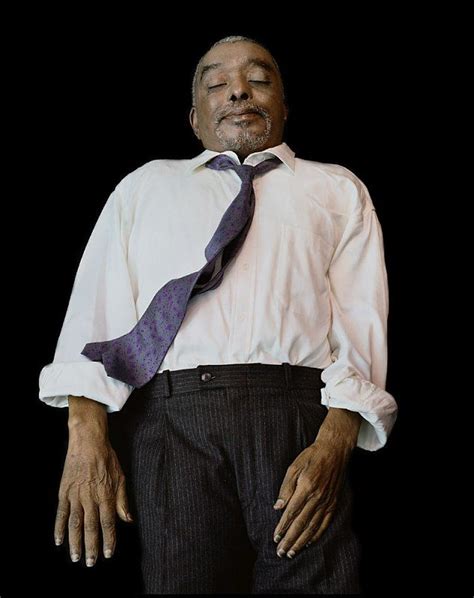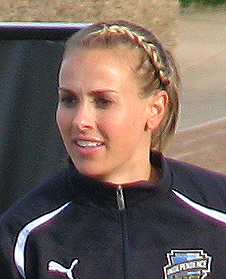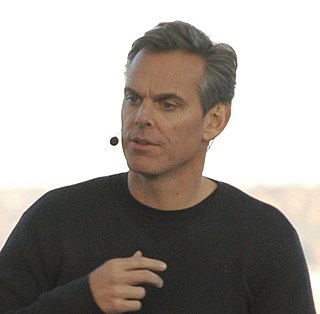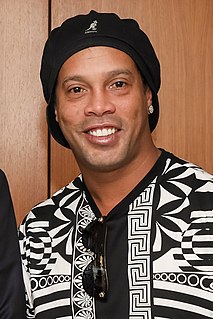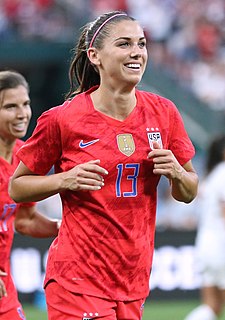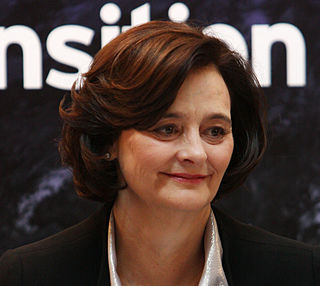A Quote by Julie Foudy
My teammates and I are best known for our penalty kick victory against China to win the 1999 Women's World Cup. But a lot of people don't realize that when we were first playing soccer on the Women's National Team, the Women's World Cup didn't exist. In fact, Women's Soccer wasn't even in the Olympics.
Related Quotes
I remember the day I met Cammi Granato, a former star on the U.S. women's hockey team. We were at a Women's Sports Foundation dinner in 1996, and she came over to introduce herself. She had watched the U.S. women's soccer team win gold at the Atlanta Olympics and was hopeful the U.S. women's hockey team could do the same.
The Women's World Cup gives FIFA a chance, once every four years, to showcase the growth of women's soccer. It gives FIFA a highly visible opportunity to encourage countries around the globe to also support their women's programs. It gives FIFA the forum to show countries the potential of women's soccer if only you support it.
When the U.S. team went on its historic run to the World Cup quarter-finals in 2002, I was thirteen years old. Each game in that run - the astonishing victory against Portugal, the resilient win over Mexico, even the gutsy but unlucky effort against the Germans - propelled me to push my other athletic interests aside and focus only on soccer.
The thing I want to see before I die is women achieving full equality in the world. I'm very passionate about injustice against women and there's too much of it in the world. In so many parts of the world, women are not regarded as worthy or equal to men. In parts of the world, women are bought and sold.
Women's tennis has been around for a very long time - we're talking about the 1800s. But women's soccer hasn't had such a long history, so now they're right at the beginning of really trying to make things equal. We need to continue not only to advocate for women but to have men advocating for women.
